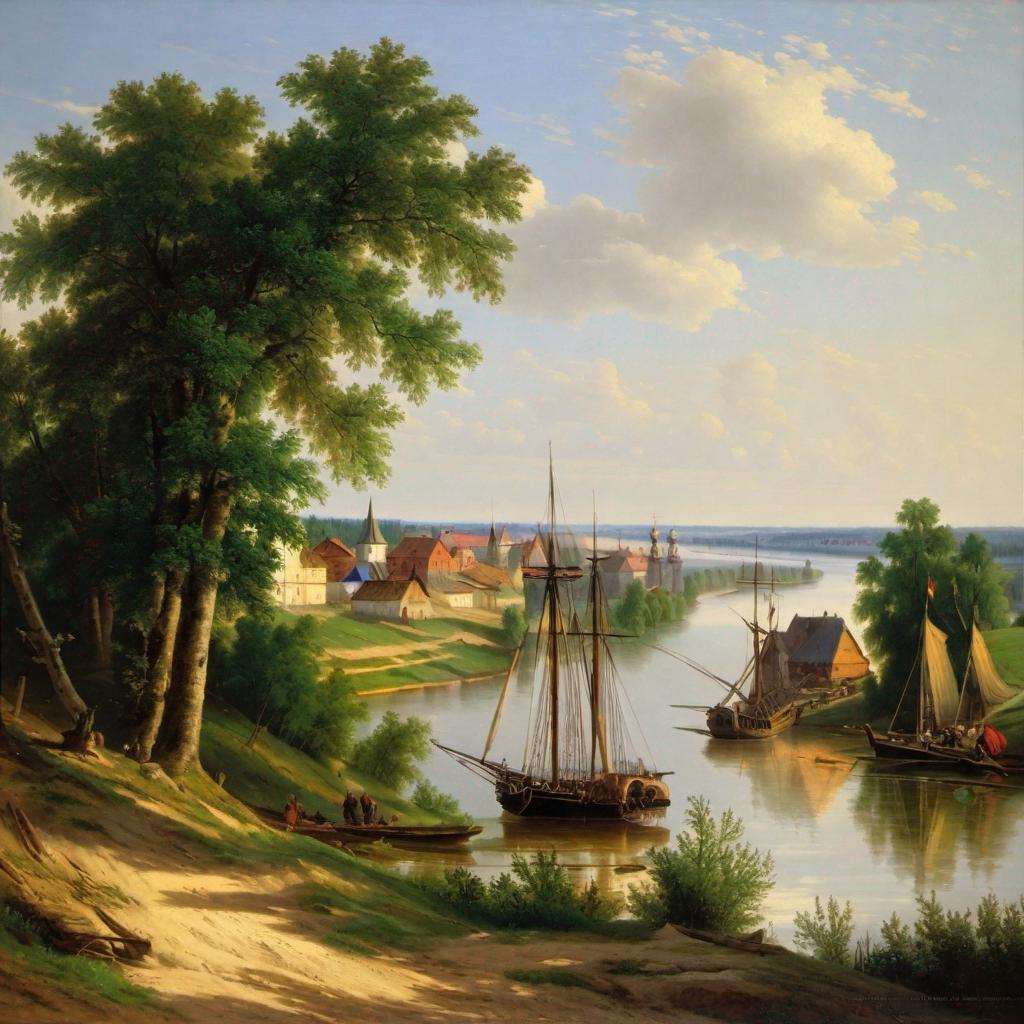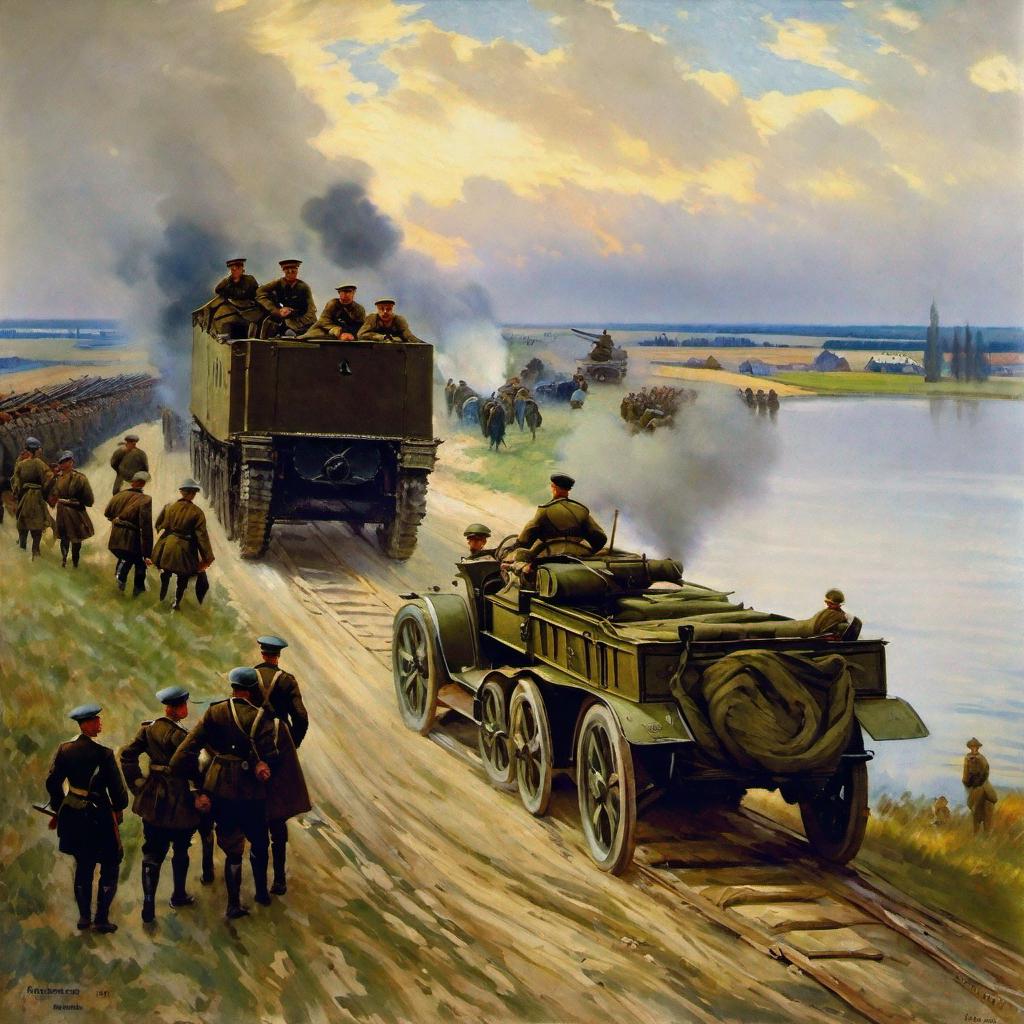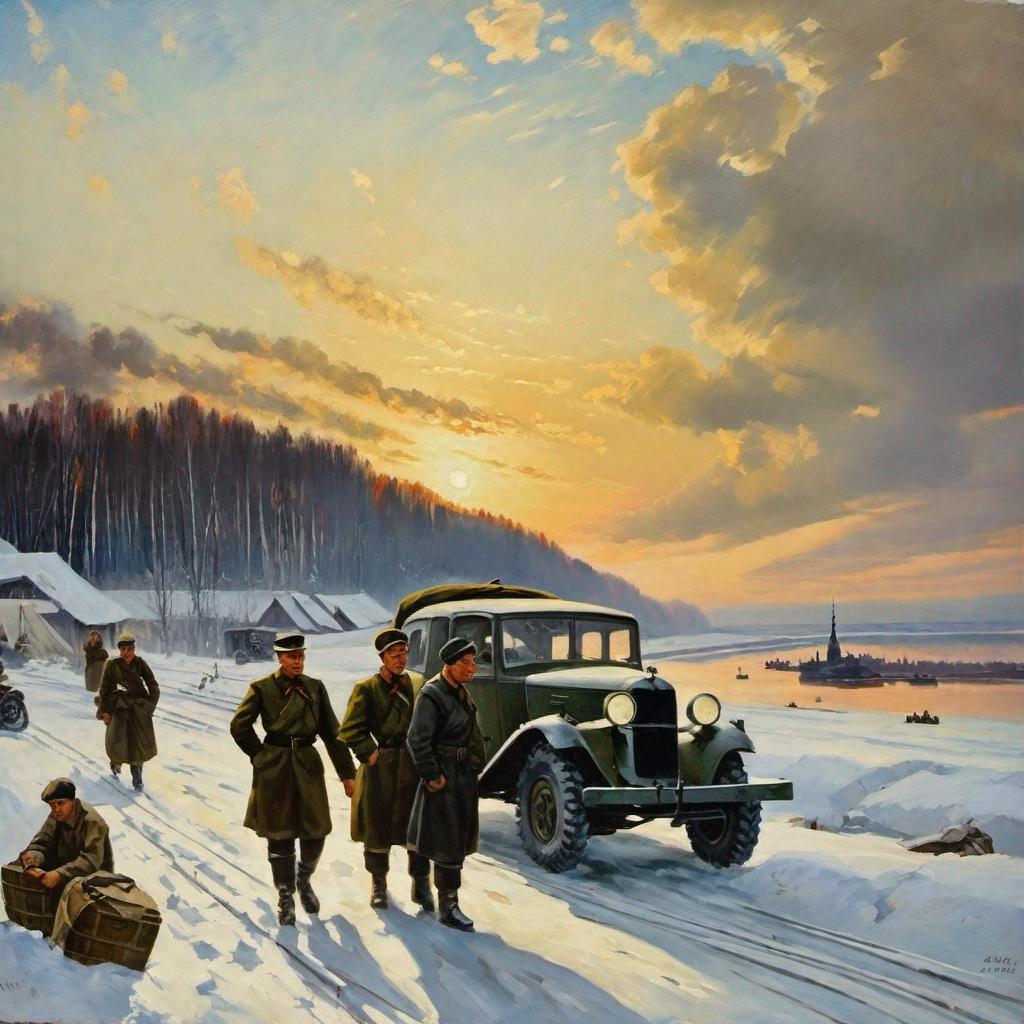Russian-German Relations Along the Volga: 1800-1980
The saga of the Volga Germans stands as a testament to the intricate and multifaceted tapestry of Russian-German relations. Tracing back to their pioneering settlements in the 18th century, up until the momentous events of the 20th century, the experiences of these communities provide an enriching perspective on the ebb and flow of international interactions. Over an expansive span of almost two hundred years, the relationship has been characterized by varying degrees of cooperation, episodes of tension, and transformative socio-political upheavals.
As the curtain of the 19th century rose, the Volga Germans, driven to Russia through the enticing offers by Catherine the Great, found themselves in a position of relative autonomy. This period allowed them to largely dictate their own fate, crafting their socio-cultural landscapes with a remarkable degree of independence. With the establishment of their own educational institutions, churches, and systems of local governance, they formed a microcosm within the broader Russian expanse. The Russians, in their part, were quick to acknowledge the superior agricultural acumen possessed by the Germans. This respect was manifest in their frequent consultations with the Germans, eager to imbibe their superior farming methodologies and strategies for effective crop management.

However, as the 19th century matured, there was a perceptible shift in the Russian administrative attitude. Efforts to more intimately assimilate the Volga Germans into the broader Russian cultural and societal fabric began to gain momentum. The engines of these Russification policies, most notably under the reigns of Tsars Alexander II and Alexander III, vigorously pushed the German communities towards the Russian linguistic and religious domains. The drive to inculcate the Russian language and the principles of Orthodox Christianity among the Volga Germans inevitably ignited friction between the two communities.
With the dawn of World War I, the position of the Volga Germans in Russian society became tenuous. Nationalistic fervor was at an all-time high, and the Volga Germans, due to their Germanic roots, found themselves under the shadow of suspicion. They were frequently viewed as potential sympathizers or collaborators with the enemy nation, Germany. This cloud of mistrust enveloped the community, subjecting them to widespread discrimination and close surveillance. However, defying these prejudiced views, a significant number of Volga Germans demonstrated their loyalty to Russia by enlisting and serving in the Russian army, reaffirming their allegiance to their adopted homeland.

The tumultuous events of 1917, marked by the Bolshevik Revolution, followed by the brutal Civil War, had a profound and lasting impact on the Volga German communities. In the immediate aftermath, the early Soviet doctrines appeared to champion minority rights. Yet, as the 1930s unfolded and Joseph Stalin solidified his iron grip over the Soviet machinery, the stance towards the Volga Germans underwent a drastic transformation. In the foreboding year of 1941, following the Nazi invasion, the Volga German Autonomous Soviet Socialist Republic was officially dissolved. The subsequent actions of the Soviet administration were even more severe, with widespread deportations of the Volga Germans to remote regions like Siberia and Kazakhstan, grounded on suspicions of collaboration with the Nazi regime.
The cataclysmic events of World War II reshaped the Volga German landscape. The aftermath of the war saw a majority of the Volga German populace dispersed and uprooted. Many faced stringent restrictions, preventing them from returning to their ancestral homes and settlements. The once-thriving and vibrant German communities along the iconic Volga riverbanks were gradually overshadowed, as ethnic Russians moved in, significantly altering the demographic and cultural contours of the region.

In the subsequent decades of the 20th century, particularly the 1970s and 1980s, there was a palpable resurgence in the collective consciousness of the Volga German descendants. This period witnessed a fervent and passionate drive among these descendants to reclaim, celebrate, and perpetuate their distinctive German-Russian lineage. The diaspora, now spread across different corners of the globe, became instrumental in disseminating their unique culture. Concurrently, they also embarked on a journey to reconnect with their historical roots, seeking to rebuild and fortify the bonds with their ancestral homeland.
In the final analysis, the intricate dance between the Volga Germans and their Russian counterparts provides a fascinating narrative, serving as a microcosm of the larger geopolitical currents of their times. From the promising beginnings of mutual collaboration to the challenging epochs of conflict, followed by a heartfelt quest for cultural reclamation and preservation, their shared chronicle offers an insightful exploration into the nuanced and multifaceted spectrum of Russian-German relations spanning over two eventful centuries.